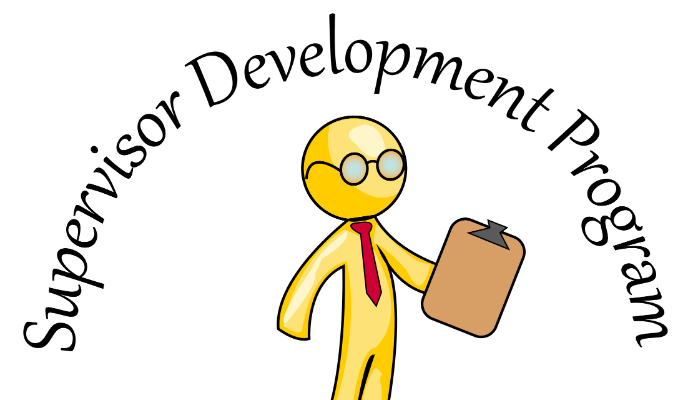

Personal Impact
Participants will leave the programme confident in the knowledge that they are equipped with a toolkit of easy to use skills and best practises that will enable them to be more effective as supervisors.
Competencies Emphasised
By the end of this course, delegates will learn about:
- Achieving Role and Goal Clarity
– How to be a Better Communicator
- Staff Motivation
-performance Management
– Delegation
- Choosing An Appropriate Leadership Style
- Working With The Team
– Managing Time and Stress To Improve Efficiency
- Personal Action Planning
- Decision Making and Problem Solving
CDGA attendance certificate will be issued to all attendees completing minimum of 75% of the total course duration.
| Code | Date | Venue | Fees | Register |
|---|---|---|---|---|
| MAN135-02 | 17-05-2026 | Manama | USD 5450 | |
| MAN135-03 | 03-08-2026 | Istanbul | USD 5950 | |
| MAN135-04 | 18-10-2026 | Dubai | USD 5450 |

Building effective management and supervisory skills that can help you and your organization succeed even in challenging economic times. This course will present management skills that help you develo ...

This leadership and management training course provides an understanding of the issues which allow for effective management and supervision, such as proactive planning, understanding of customer relat ...

Effective supervisors have a high impact on their teams and all those with whom they work. What results from a high impact supervisor is a team that performs with diligence and commitment and staff wh ...

Supervisors (as leaders) play a vital role necessary to implement an organization’s business objectives and achieve stability and growth. Leadership role helps the implementation of business policies ...
Providing services with a high quality that are satisfying the requirements
Appling the specifications and legalizations to ensure the quality of service.
Best utilization of resources for continually improving the business activities.
CDGA keen to selects highly technical instructors based on professional field experience
Since CDGA was established, it considered a training partner for world class oil & gas institution
3012, Block 3, 30 Euro Business Park, Little Island, Co. Cork, T45 V220, Ireland
Mon to Fri 09:00 AM to 06:00 PM
Contact Us anytime!
Request Info